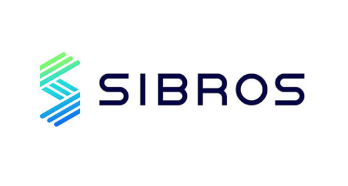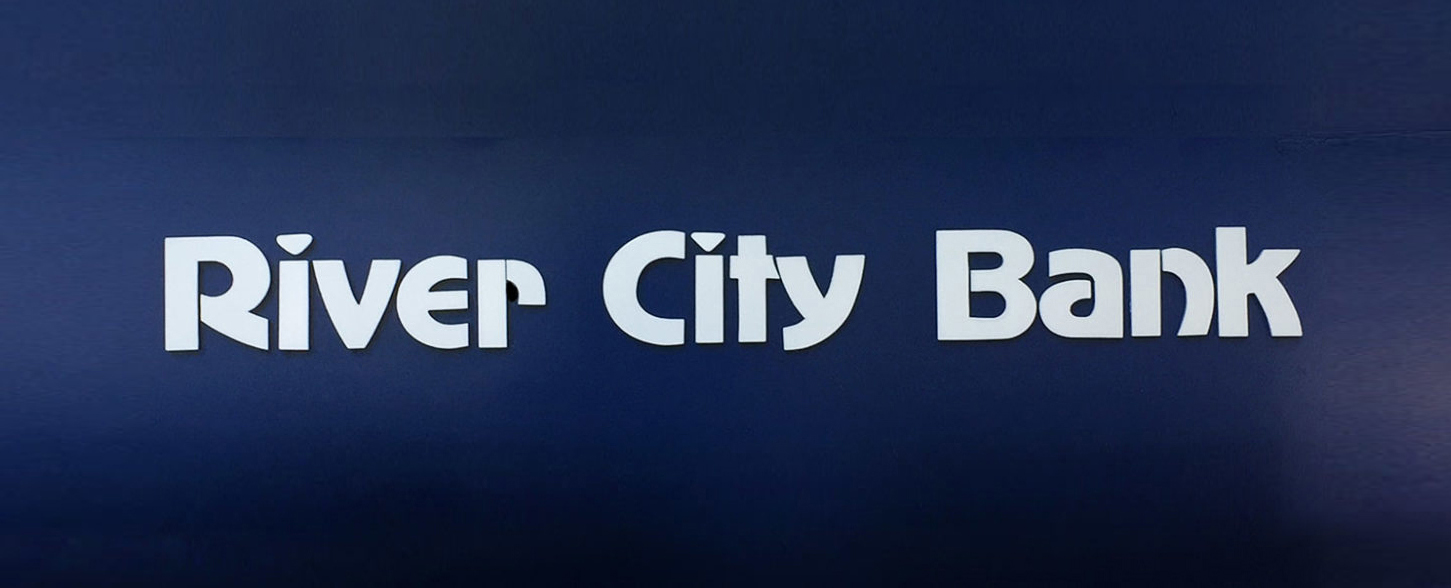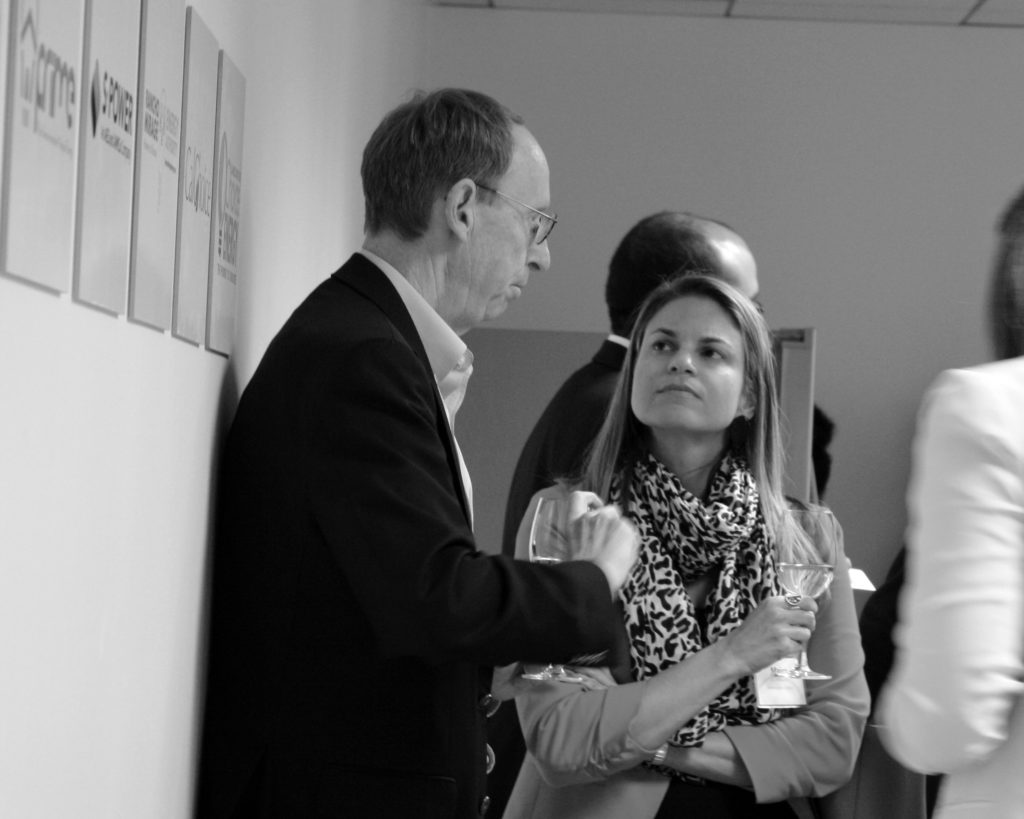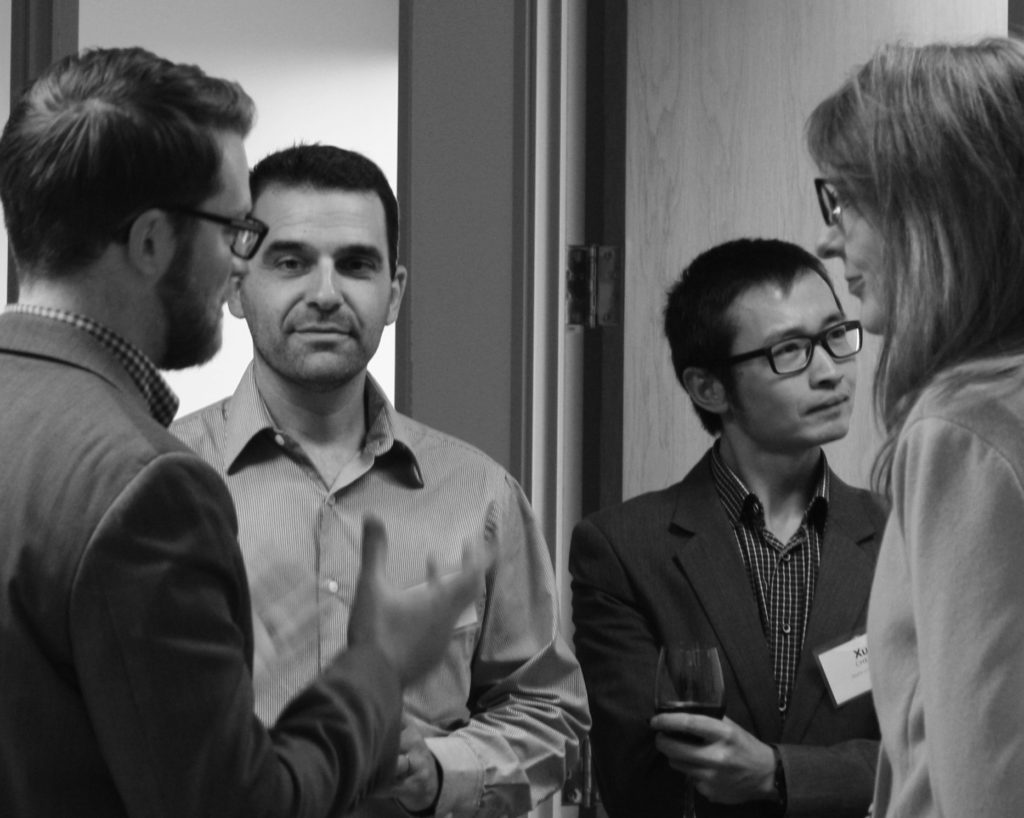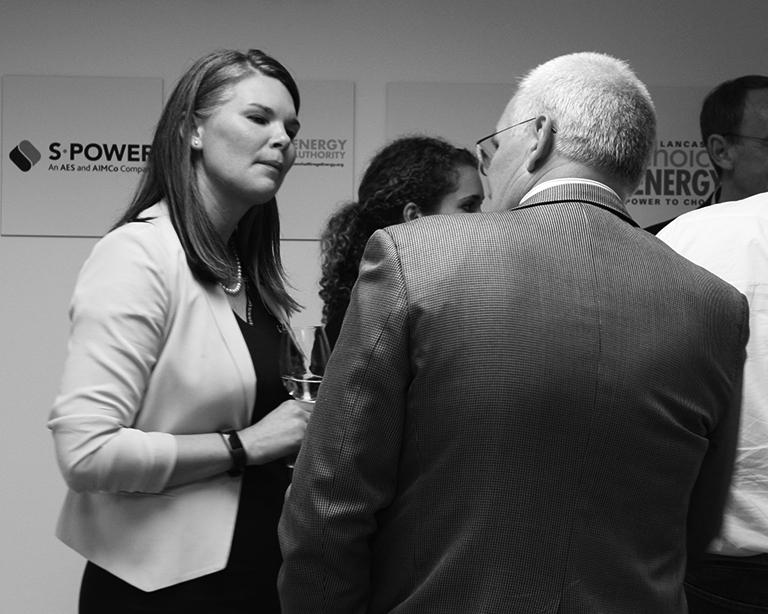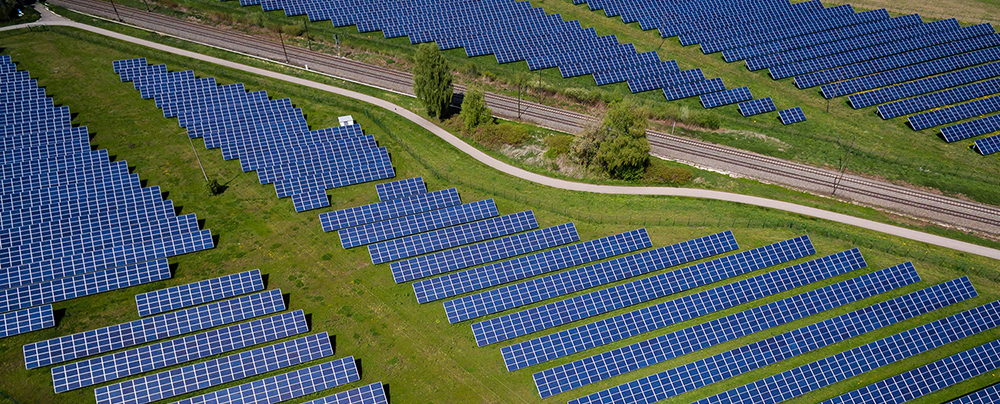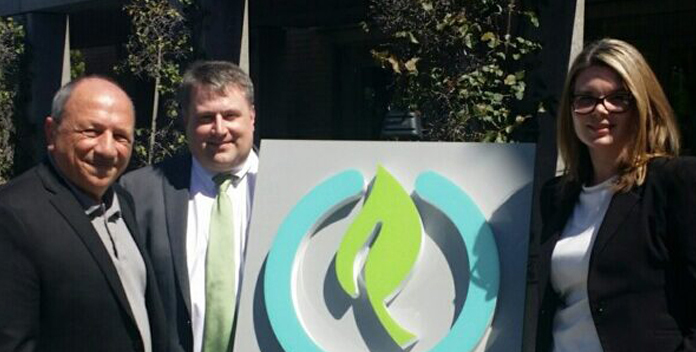
Imagine your car receiving software updates and remedying safety recalls without you stepping foot in a dealership. Sibros has developed technology that allows for just that.
Car manufacturers update in-vehicle software over the air rather than requiring trips to a dealership. Over the past few years, it has seen rapid growth as demand for its Deep Connected Platform (DCP), which enables software updates and data management, has increased. Sibros and its DCP solution have attracted the attention of tech and auto companies around the world, resulting in a recent $70 million Series B funding round.
We had the opportunity to connect with Sibros CEO and co-founder, Hemant Sikaria, about meeting global demand for its technology while trying to achieve its goal of creating a cleaner, safer future for the automotive industry.
What inspired you to launch Sibros?
Sibros was born out of the frustration of software-related vehicle recalls. I was an early engineer at Tesla, helping to build their over-the-air (OTA) software update systems. During this time, I experienced multiple software-related recalls for my (non-Tesla) vehicle that required me to bring it back to the dealer to fix. The dealership was too busy to service my car right away, leaving me no choice but to drive a vehicle that wasn’t safe – and we had several of these models in my family. From my experience at Tesla, I knew there was a better way, and I wanted to make that a reality for every vehicle, everywhere in the world. That was when the idea of Sibros was born.
Please give us a little background on Sibros Technologies, Inc.
I co-founded Sibros along with Mayank Sikaria, who previously managed the Battery Management System software for electric vehicle (EV) maker, Faraday Future. Moneta Ventures (based in Folsom, CA) made our initial seed investment, later followed by a Series A led by Nexus Venture Partners. On January 25, 2022, we announced our Series B funding round of $70M led by Energy Impact Partners, with participation from Fontinalis Partners, Google, Iron Pillar, and Qualcomm Ventures – along with our existing investors Moneta and Nexus.
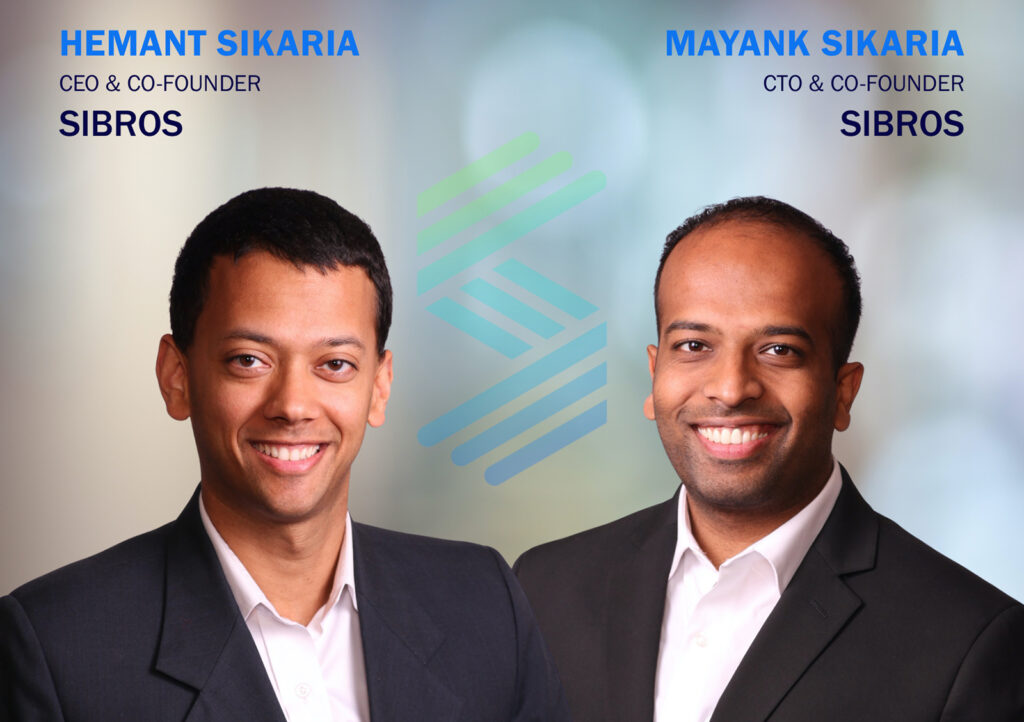
Today, we sit at 80+ employees and expect to grow to 140+ by the end of 2022. We are currently working with over a dozen automotive customers ranging from large multinational Original Equipment Manufacturers (companies that manufacture parts for new vehicles) to highly disruptive emerging automakers developing exciting new vehicles such as solar-powered cars, high-performance electric motorcycles, and commercial trucks and buses.
What is the Sibros Deep Connected Platform (DCP), and what makes this technology essential to consumers and Original Equipment Manufacturers?
DCP is an embedded software and data management platform that transforms any vehicle into an updatable supercomputer on wheels. DCP is a vertically-integrated, hardware-agnostic solution that meets the highest safety, cybersecurity, and data protection standards and is the only embedded firmware vehicle-to-cloud system that is 95% product and 5% integration.
From a consumer perspective, DCP has the potential to ease their entire vehicle ownership experience, from purchasing a car to preventative maintenance, future upgrades, and selling. Imagine having to visit your cell provider every time your phone needs an update. It simply wouldn’t be practical, and it isn’t practical for cars either, but as vehicles become even more dependent on software, this is the reality we are looking at. Sibros is working to change that reality. So, when a vehicle needs an update, all the owner has to do is press a button rather than drive it to their local dealer.
For Original Equipment Manufacturers, DCP is even more essential. Manufacturers will see reduced recall costs due to vehicle-wide and full lifecycle over-the-air software updates. Real-time smart data collection and remote diagnostics of every electronic control unit enables manufacturers to proactively identify faults. They’ll have access to full-vehicle data from R&D to decommissioning, which provides efficiency, safety, user preference, and functionality insights to improve future designs and stay ahead of industry trends. In addition, Sibros lowers cloud storage costs with DCPs superior levels of data compression and edge filtering.
The Sibros Deep Connected Platform is used in all types of vehicles – trucks, electric bikes, scooters. What’s next for Sibros?
Our primary goal today is to bring a brighter, cleaner, and safer future to the automotive industry through comprehensive vehicle connectivity at a global scale for any automaker. We have been surprised by how so many consumers are still bringing their vehicles into a dealership to install a software fix for a defect whereby a technician plugs in a dongle to apply the patch. This is akin to bringing your iPhone into the Apple Store for its’ iOS update.
We seek to be the industry standard platform that makes cars updatable like smartphones, regardless of the problem it is experiencing – and more importantly, provide automakers with the opportunity to sense these problems before they even happen. Our technology is extensible and can be applied to other industry domains as well, including industrial machinery, surgical devices, marine or aviation – basically any physical asset that is software-defined, connected to the cloud, and can be maintained, optimized, and improved through IoT-based software management, OTA updates, and data analytics.
What advice would you give someone who is seriously considering branching out on their own? What are the lessons you’ve learned?
If you want to build a truly scalable product or IP-based company, we have learned that you must stay true to your product and core values. Unfortunately, it is very easy to get distracted from this goal. Many great software products started from service-based businesses that solved an internal or client problem and productized their creation (e.g., Freshbooks or Basecamp). Alternatively, and particularly in our field, many consulting companies market their services as ‘products’ which end up being billable’ bodies.’
A big lesson we have learned is that to achieve our goals and scale our product to running on 100M vehicles by 2025, we must maintain the integrity of both our product and company. In the past, we have come across lucrative opportunities to provide services not aligned with our roadmap and vision and have consistently turned these down. When you deviate from your core values, you inevitably divide your resources to accommodate ideas outside of your primary purpose. This often leads to deficiencies, cut corners, and sub-par results. From day one, we have built a team rooted in honesty, integrity, transparency, mutual respect, strong work ethic, and kindness. In addition, we take great care in our customer interactions, as they are the heart of what we do.
At Sibros, we follow one clear path and collectively focus our efforts on enacting high-quality processes, automating workflows, questioning methods and tools, and learning from our decisions. The result is a truly amazing product that continues to exceed expectations and redefine the boundaries of possibility.
